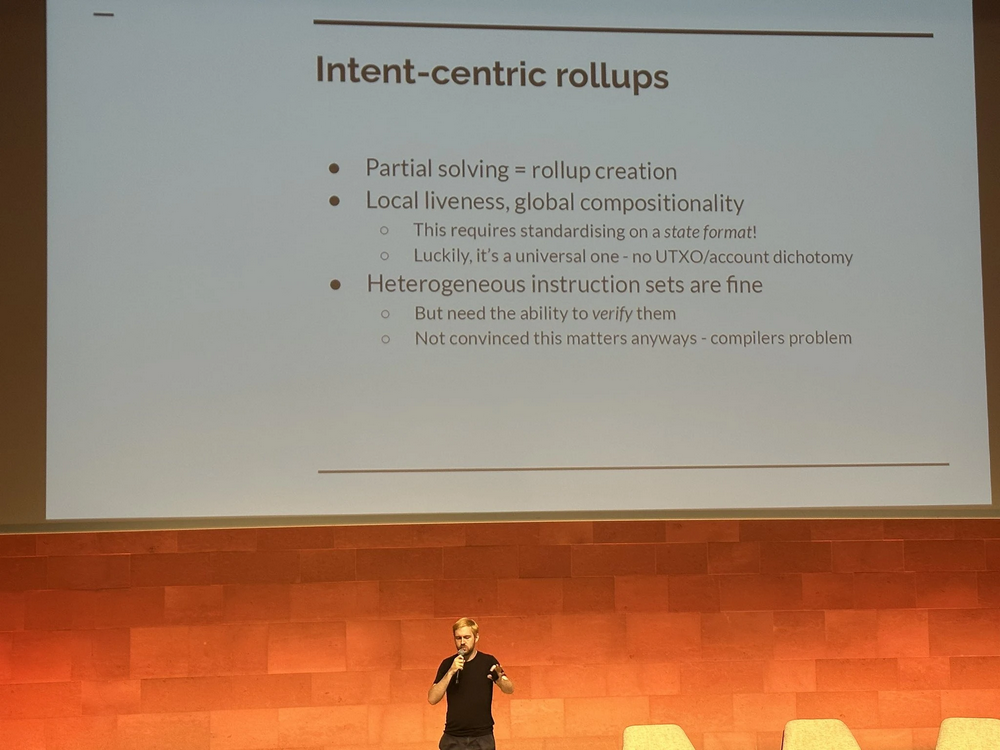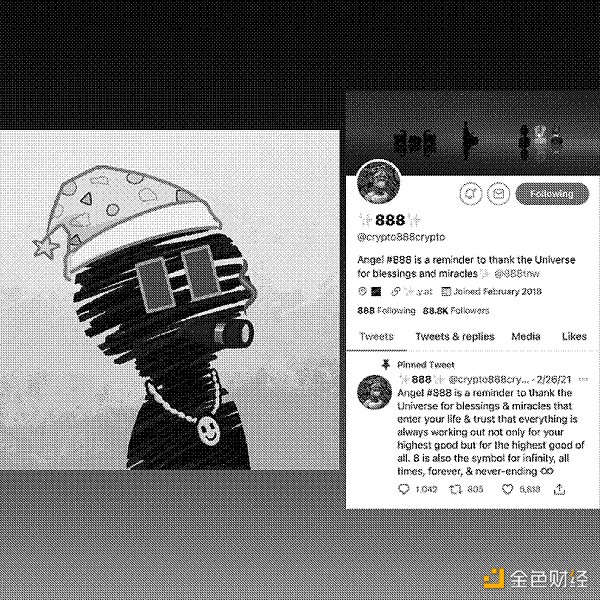Millions of people in South Korea use “honeycomb accounts”, and the loss of funds is the biggest hidden danger
"Beehive accounts" have sparked heated discussions in South Korea. Hive accounts refer to complex asylum accounts that are operated by small cryptocurrency exchanges to mask the identity of individual traders.
Due to the booming financial services industry in Korea, there are approximately 205 cryptocurrency exchanges in the country, serving the Korean population of 52 million.

In January 2018, South Korea banned the use of anonymous bank accounts for fear that cryptocurrencies might be used for money laundering and other illegal programs. But in the past 18 months, the number of small cryptocurrency exchanges that provide investors with a honeycomb account has soared. The Hive Account manages the investor's funds through the exchange's own corporate bank account, thereby masking the information of potential investors.
- The birth of Libra: The short-term benefits have been exhausted, what should I do with the currency payment project?
- Bitcoin is back to 10,000 US dollars, and some people earn 500% in half a year. Some people wait and see when to enter.
- Facebook currency, what is China's best coping strategy?
So why is the government not banned the hive account? They have not tried it, but in October last year, a South Korean court ruled that it was unreasonable to require a cryptocurrency exchange to close a corporate account. Since then, a large number of new exchanges have flooded the market, using various activities to attract potential traders (they initially suspected that their funds went into the hive account and could easily withdraw the funds).
At the same time, Korean authorities are increasingly concerned that these smaller exchanges may be particularly vulnerable to cyber attacks and fraud.
In May of this year, the Upbit exchange suffered a phishing scam. Last year, Bitmumb lost $31 million due to hacking. It is reported that some of these attacks are from North Korea. Due to international sanctions, North Korea urgently needs to obtain funds through password stealing.
However, according to local media reports in South Korea, only five exchanges have so far strengthened security protection measures in accordance with the requirements of the regulatory authorities. There is a bill proposed to strengthen the cyber security rules of all exchanges, but has not yet been approved. At the same time, more and more Koreans are heading straight to the hive account.
We will continue to update Blocking; if you have any questions or suggestions, please contact us!
Was this article helpful?
93 out of 132 found this helpful
Related articles
- EGT skyrocketed 66 times behind: "Lei Jun" before the new three board company's fund disk game
- The history book says that the starting point of cyberpunk is Facebook
- Explain Augur: How to use the "four-leg strategy" to fight fraud and stabilize the market
- There is no money to develop VS to squander, how much is the gap between “poor projects” and “rich projects”?
- Difficulties, change, rule, expose Facebook's mental journey
- Xiao Lei: The biggest challenge for Tencent and Ali will be digital currency.
- Launch the first Libra transfer minimalist tutorial






